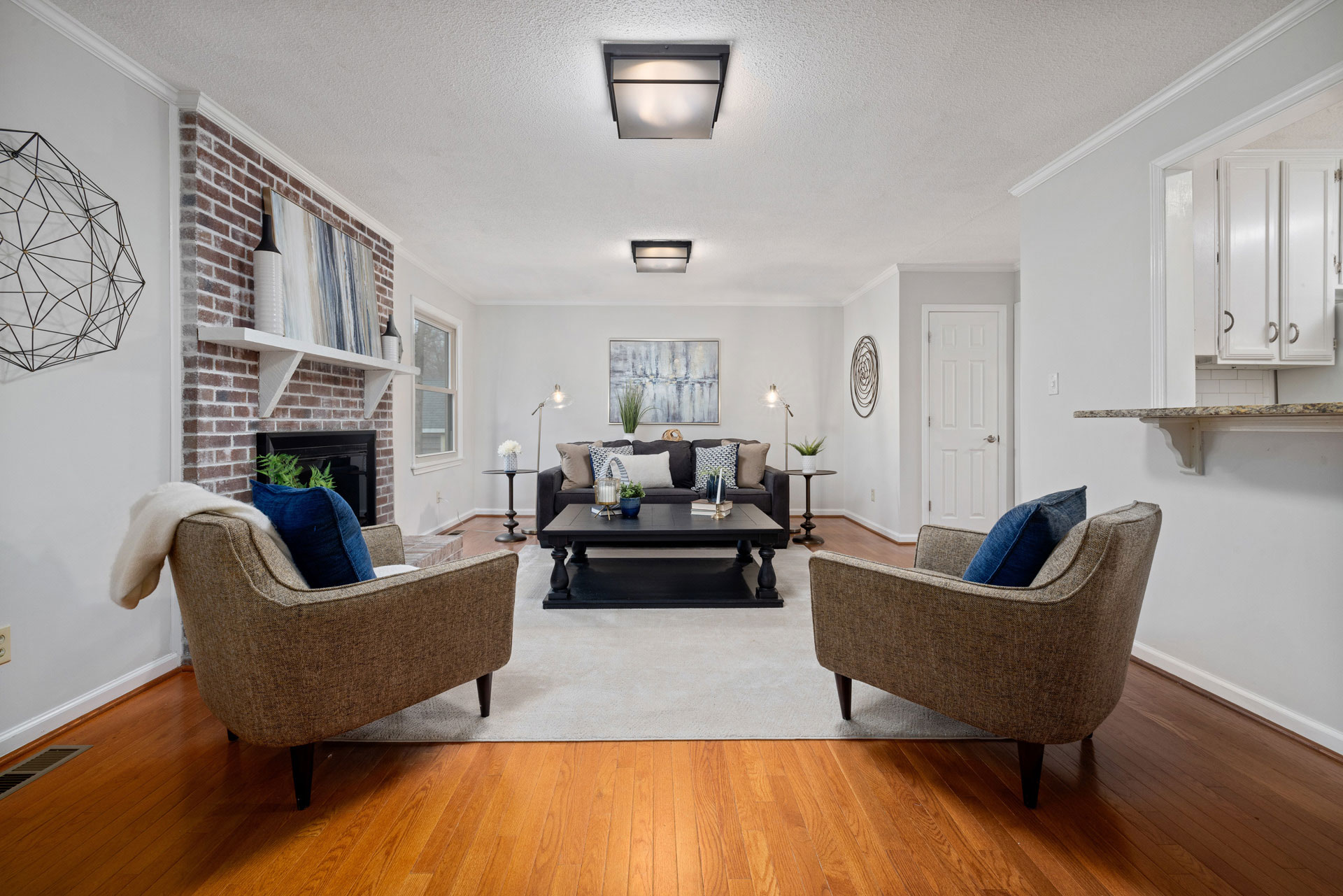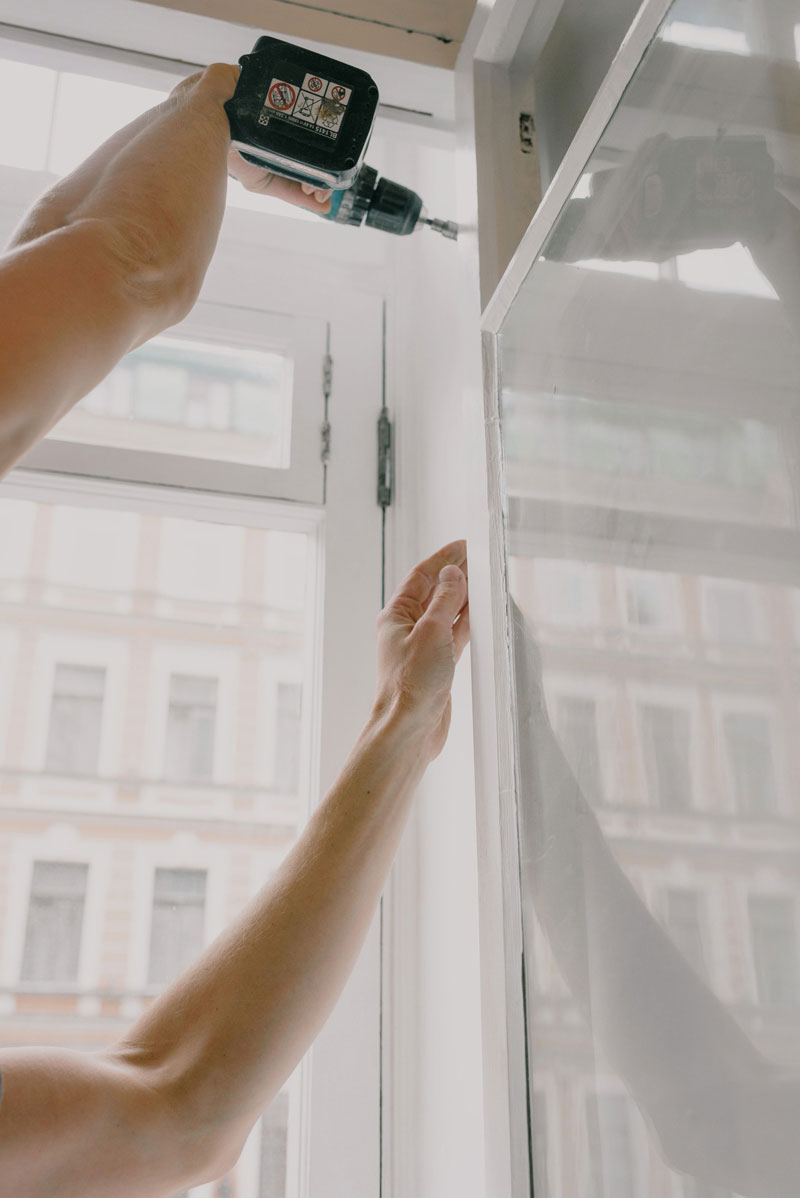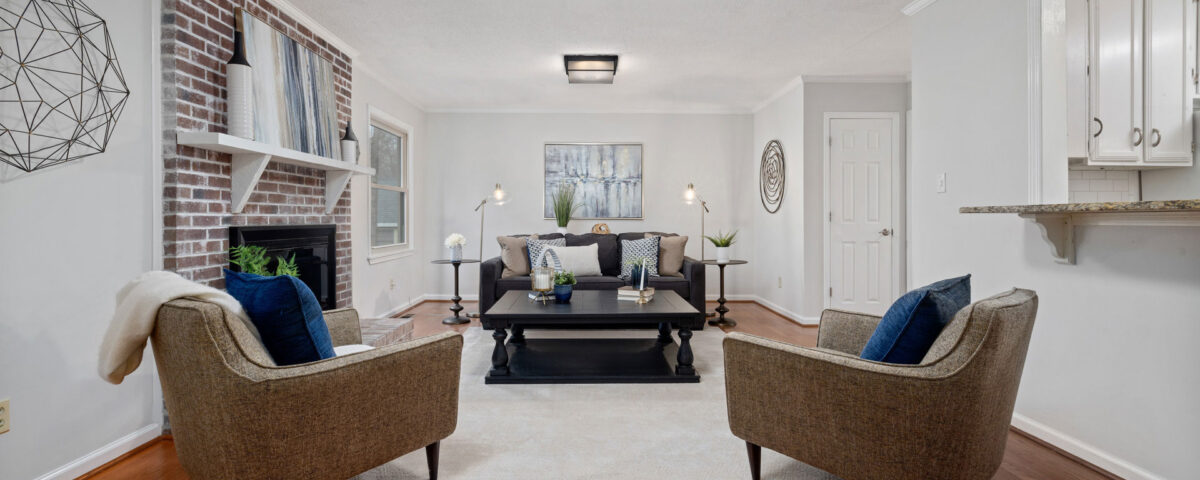Common Home Management Mistakes

Luxury Home Insurance
April 7, 2023
Can You Find Your Disaster Plan?
June 27, 2023
If you’re a new homeowner, or if you’ve recently upgraded to a larger luxury home, you might find yourself overwhelmed by the sheer number of decisions you need to make and the constant stream of new technology and upgrade options that are available. Read on to learn the most common home management mistakes and how to avoid them.
Maintenance
The larger your house, the more you’ll need to maintain. More rooms, more land, more appliances, more amenities – all of these require maintenance, and it can be a lot to keep track of.
Each part of your home will require maintenance – and they’ll all be on a different schedule. If you don’t keep track of the type and schedule of maintenance for your house, appliances, yard, etc., you can quickly find your home falling into disrepair.
Also, every maintenance plan should be unique. Avoid the one-size-fits all approach by creating a plan that covers every unique feature of your home and property and takes into account custom and luxury details that require extra attention.
To avoid skipping scheduled maintenance, it’s wise to develop a checklist. Take note of what parts of your home need monthly maintenance or inspection: furnace filters, water softeners, smoke detectors and fire extinguishers, and more. Then make a list of the parts of your home that require quarterly or seasonal maintenance or inspection, such as carpet cleaning, air conditioning maintenance, gutter maintenance, window screens and more. This can seem overwhelming, so a checklist like the one provided on the AVM home page is a good place to start.

Some maintenance requirements are obvious. If you need to regrout tile or touch up paint, for example, you’ll be able to see the wear and tear even if you’re not checking your maintenance schedule. On the other hand, other important maintenance is invisible. Problems or hazards in attics, roofs, and rooms used infrequently can go unnoticed for long periods of time.
Energy, air quality, and environmental issues can also escape detection. Your home’s energy use, for example, is largely unseen. It’s important to perform regular energy audits, about every two-three years, according to experts. This audit will evaluate your insulation, your heating and cooling systems, your windows, and more, providing recommendations that will allow you to improve your energy efficiency, saving you money and reducing your carbon footprint.
Many homeowners have the time and knowledge to take care of basic home maintenance, such as replacing filters, touching up paint, or changing the batteries in smoke detectors. But if you need maintenance on your chimney, for example, or if you have a complex plumbing or electrical job that needs addressing, you’ll need a skilled tradesperson that you trust for advice and service.

Insurance
If you don’t have the right kind of insurance you’re making a potentially huge mistake.
Do you have enough homeowners’ insurance? How do you know if you do? Many insurance companies provide tools to help you determine how much insurance you’ll need. You’ll want to determine the value of the house itself and then determine what other kinds of coverage you’ll need. For example, would you need liability coverage or coverage for expensive items in your home, such as jewelry? Also, if you have a luxury home, you’ll want to make sure you have luxury home insurance. It’s also wise to have a knowledgeable insurance agent to see if there are any gaps in your coverage and to see if you need an umbrella policy to cover liabilities over your current policies.
If you do have many expensive items inside your home, like jewelry, art, or antiques, it’s important to have coverage for those items. But many people don’t know what to do if the items are stolen or damaged. In that case, you’ll need to submit evidence to the insurance company. This could include receipts, but often, you’ll need photos of these items. If you fail to take photographs of your high-value personal possessions, you won’t be able to make a claim, and won’t get reimbursed for your losses.
Once you determine the right kind and amount of insurance you need, you’d be making a mistake if you didn’t consider ways to reduce your insurance expenses. Installing a security system, making sure your home is more disaster-resistant, replacing your roof, installing smart technology – all of these are ways to lower your insurance rates. You should check with your insurer to see if there are other ways to save some money.
Record Keeping
Accurate and comprehensive records are a homeowner’s best friend. The longer you live in your home, the more information you’ll need to keep track of. For example, if you’re making major purchases or upgrades – new appliances or new features – you’ll want to ensure that you record information about how much the items cost, their specifications, who the vendor or installer was, and the warranty information.
You will also want to keep records of the research you do to make home decisions. If you collect potential vendor and price information for new appliances or a kitchen upgrade, you’ll want to refer back to them later if you don’t perform the work right away.
As you make changes to your home, you’ll want to document everything, taking photos or videos to track the design choices, paint colors, materials or model choices that will help to you communicate the value of upgrades and plan for future upgrades that are compatible with those already implemented.
Detailed information about your home should always be readily available for insurance purposes and to bolster your home’s value when you are ready to sell.
Avoid Home Management Mistakes
Owning a home is a complex undertaking, so you’re bound to make some mistakes. Keeping the above items in mind every season can help you minimize potential problems, but this is not a comprehensive list. If you own your own home – or a rental property – you should consider property management services to help track and manage all these various issues so you can avoid these mistakes and enjoy the benefits of home ownership with less stress!

Picture Credits:
- "Modern Living Room Interior Design" by Curtis Adams from Pexels
- "Brown Sofa Set in the Living Room" by Curtis Adams from Pexels
- "Crop man installing new window" by Ksenia Chernaya from Pexels




